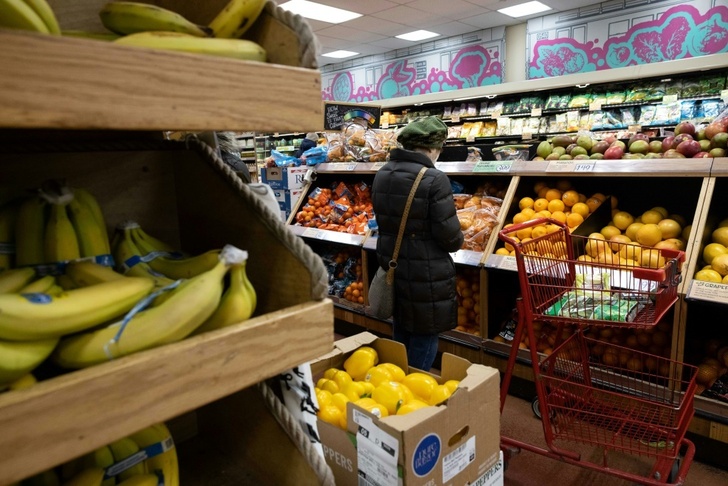A key indicator of US inflation eased again in December, according to government data released Friday, opening the door to smaller interest rate hikes as efforts to cool the economy ripple through sectors.
The Federal Reserve has hiked the benchmark lending rate seven times last year, with an aim to ease demand as inflation surged, while trying to avoid tipping the world's biggest economy into a recession.
And the tightening measures are showing effect, with the Fed's preferred inflation gauge, the personal consumption expenditures (PCE) price index rising 5.0 percent last month from a year ago, Commerce Department data showed on Friday.
This extends a downward trend since mid-2022, when American households found themselves increasingly squeezed by rising costs.
The central bank focuses on the PCE price index as it reflects actual consumer spending, including shifts to less expensive items, unlike the more well-known consumer price index.
And with the indicator ticking up 0.1 percent from November to December, this could pave the way to a slower pace of rate hikes as officials assess the impact of their policy decisions thus far.
The modest monthly rise came as prices for goods decreased 0.7 percent and energy costs dropped 5.1 percent, said the report.
But services prices rose from the preceding month.
Household spending also dipped further by 0.2 percent between November and December, the report said, adding that personal incomes rose 0.2 percent.
Economist Rubeela Farooqi of High Frequency Economics said household spending will likely slow further in the coming months. "On inflation, the Fed’s preferred inflation measures are moving in the right direction... However, they remain well above target," she said.
Stripping out the volatile food and energy components, the PCE price index was up 4.4 percent from December 2021, signaling that there remains some way to go before the Fed pauses its aggressive battle to rein in inflation.
bys/md
© Agence France-Presse
Your content is great. However, if any of the content contained herein violates any rights of yours, including those of copyright, please contact us immediately by e-mail at media[@]kissrpr.com.
Source: Story.KISSPR.com

